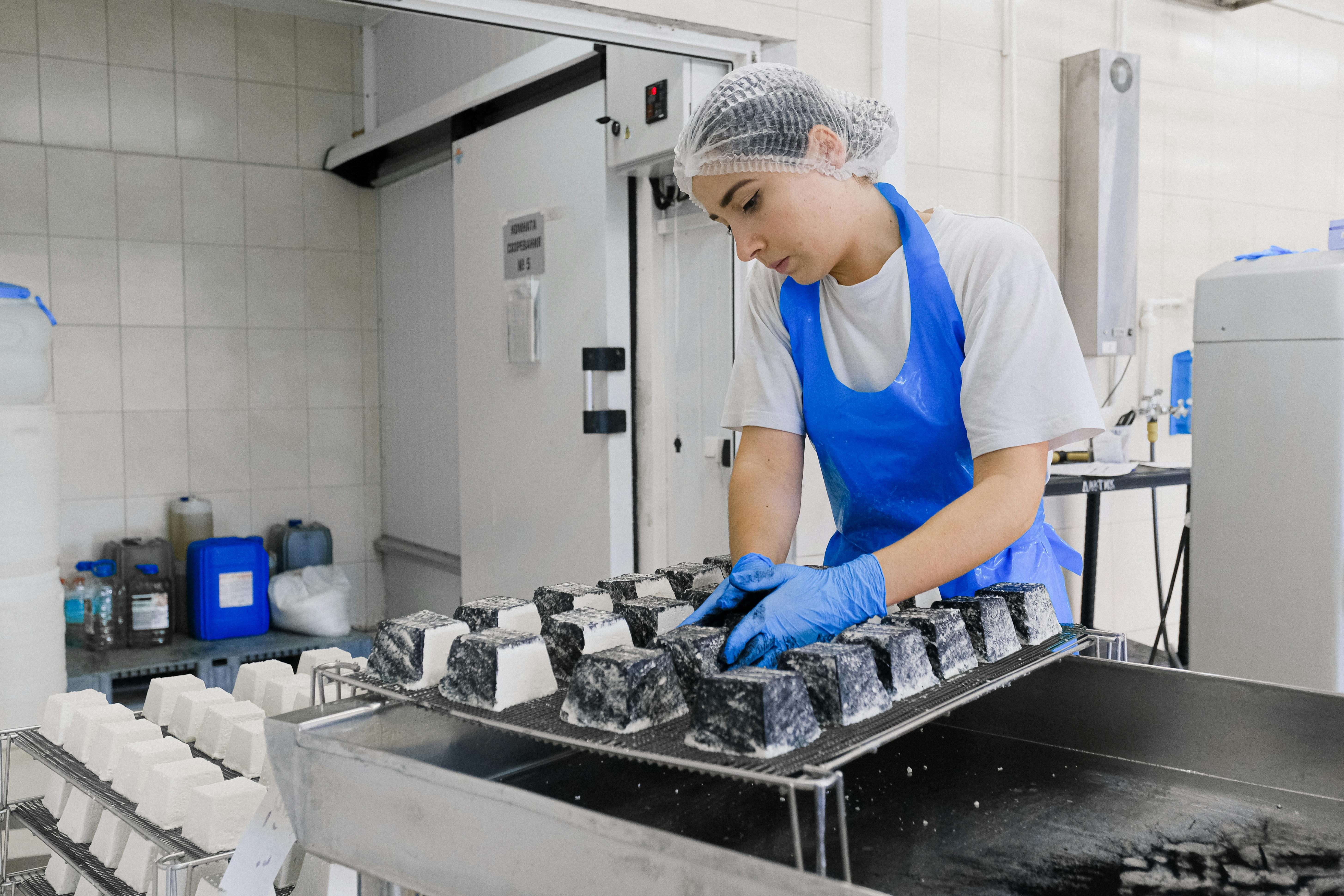UAE Food Safety Laws and Regulatory Authorities

The UAE takes food safety seriously, enforcing strict compliance standards through multiple regulatory bodies. In Dubai, Dubai Municipality enforces the Dubai Food Code, which sets out rules for food storage, preparation, and service. Abu Dhabi follows guidelines from ADAFSA, while other emirates have their own authorities.
One of the most significant requirements is the Person in Charge (PIC) system, which mandates that every food business have at least one certified PIC responsible for ensuring compliance. This role requires advanced food hygiene training and serves as the backbone of any food safety program.
Why Food Safety Training Is Critical
Poor food handling can have serious and sometimes devastating consequences. According to the World Health Organization (WHO), unsafe food leads to an estimated 600 million cases of foodborne illness and 420,000 deaths globally each year. In the UAE, regular inspections show that most violations come from preventable issues such as improper storage, poor hygiene, and cross-contamination. By undergoing proper food safety training, food handlers can significantly reduce the risk of foodborne illnesses, safeguard businesses from legal action and fines, and strengthen consumer trust. It also plays a vital role in enhancing a brand’s reputation in the competitive hospitality market. As Dubai Municipality puts it, “Food safety is a shared responsibility. Everyone in the supply chain must play their part.”
Types of Food Safety Training Courses Available
Food safety training in the UAE is tailored to suit different roles within the food industry. Basic Food Handler training is designed for entry-level staff, focusing on hygiene practices, cleaning procedures, and safe food storage. The Person in Charge (PIC) certification is aimed at managers and supervisors, preparing them to take leadership in food safety compliance. More specialized courses include HACCP Certification, which teaches how to implement hazard control systems—primarily for quality assurance and control teams—and ISO 22000 Training, which focuses on international food safety management systems, ideal for food manufacturers. There are also courses like Allergen Awareness, which help all kitchen staff prevent cross-contact and manage allergy risks effectively.
Accredited Training Providers in the UAE
Not all food safety courses are recognized by UAE authorities, making it crucial to choose an accredited provider. Approved institutions work closely with Dubai Municipality or ADAFSA to ensure their training meets legal requirements. Many training centers offer multilingual classes and flexible schedules to accommodate diverse workforces. While online training has become increasingly popular for its convenience, businesses should always verify that the certification is accepted for regulatory compliance in the UAE.
Key Concepts Taught in Food Safety Training

Although the exact content of food safety training may vary, most courses cover core topics that form the backbone of safe food operations. These include preventing cross-contamination through correct handling practices, maintaining proper handwashing and personal hygiene, and monitoring cooking and storage temperatures to avoid bacterial growth. Participants also learn pest prevention strategies, effective cleaning and sanitizing routines, and correct food labeling with a focus on allergen management. Mastering these concepts ensures that food served is safe, fresh, and fully compliant with local regulations.
Person in Charge (PIC) Certification Explained
The PIC system was introduced to ensure that every food establishment in the UAE has a qualified individual overseeing safety procedures. To become PIC-certified, candidates must enroll in an approved food safety course, pass an assessment, and implement compliance protocols within their workplace. They are also responsible for maintaining detailed records for inspection purposes. A certified PIC holds legal responsibility for ensuring that all operations meet food safety standards and is often the primary contact during official inspections.
Implementing HACCP in Food Businesses
HACCP, or Hazard Analysis and Critical Control Points, is a preventive system recognized worldwide for managing food safety risks. It involves identifying potential hazards, determining critical control points, setting acceptable limits, and establishing monitoring systems. The process also includes corrective actions, verification, and thorough documentation. In the UAE, implementing HACCP is not just a way to pass inspections—it is a key strategy for running a safe, efficient, and trustworthy kitchen that minimizes risks at every stage of food preparation.
Online vs In-Person Food Safety Training
Both online and in-person food safety training have advantages. Online courses offer flexibility and are well-suited for theory-based learning, allowing participants to study at their own pace. In-person training, on the other hand, provides hands-on experience and practical demonstrations, which are invaluable for applying safety principles in real-life kitchen settings. Many businesses opt for a blended approach, combining online theory with in-person practical sessions to ensure a comprehensive learning experience.
Food Safety for Different Industry Segments
Different food businesses face unique challenges when it comes to safety. Restaurants require detailed protocols for kitchen hygiene and safe service practices. Food trucks need to focus on mobile storage, temperature control, and waste disposal. Catering companies must manage large-scale preparation and transportation while keeping food at safe temperatures. For food manufacturing units, production line hygiene and packaging compliance are top priorities. Training programs are often adapted to address these specific needs.
Maintaining Compliance Post-Certification
Earning a food safety certificate is only the first step—maintaining compliance is an ongoing responsibility. Businesses are expected to conduct regular refresher training, perform internal audits, and keep meticulous records to prove adherence to safety standards. Certificates usually expire after three to five years, depending on the type, and must be renewed before their expiry date to avoid penalties or operational disruptions.
Common Food Safety Violations and How to Avoid Them
The most common violations found during UAE food inspections include storing food at incorrect temperatures, poor personal hygiene among staff, cross-contamination between raw and cooked food, pest infestations, and inadequate cleaning schedules. These issues can be avoided with proper training, which equips staff with the skills and awareness needed to address risks before they become serious problems.
Career Benefits of Food Safety Certifications
In the UAE’s competitive hospitality sector, having a recognized food hygiene certificate or advanced safety training can open valuable career opportunities. Certified professionals are highly sought after for positions such as Quality Assurance Officers, Food Safety Supervisors, and HACCP Coordinators. Employers value staff who can take the lead on compliance and uphold the highest standards of safety, making these certifications a strong investment in career growth.
Whether you’re starting in the industry or aiming for a leadership role, ICCA Dubai offers accredited food safety training that meets UAE regulatory requirements. Learn from industry experts, gain practical knowledge, and earn a certification that strengthens your career and protects your business.
Explore ICCA Dubai’s Food Safety Courses and take the first step toward becoming a trusted food safety professional.









